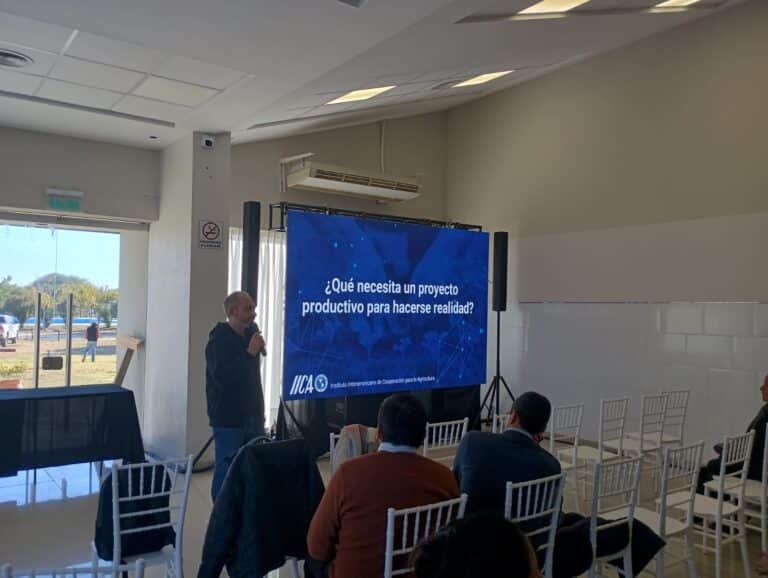
Catamarca and Posadas, Argentina
July 11, 2025
More information: Institutional Communication Division. comunicacion.institucional@iica.int
Tiempo de lectura: 3mins

San José, Costa Rica
July 11, 2025
Maritza produces twenty-five different varieties, including raclette, hard Gruyere cheeses, bloomy rind cheeses, such as Camembert and Brie, tomme cheeses and creamy gourmet cheeses in five different flavors.
Tiempo de lectura: 3mins
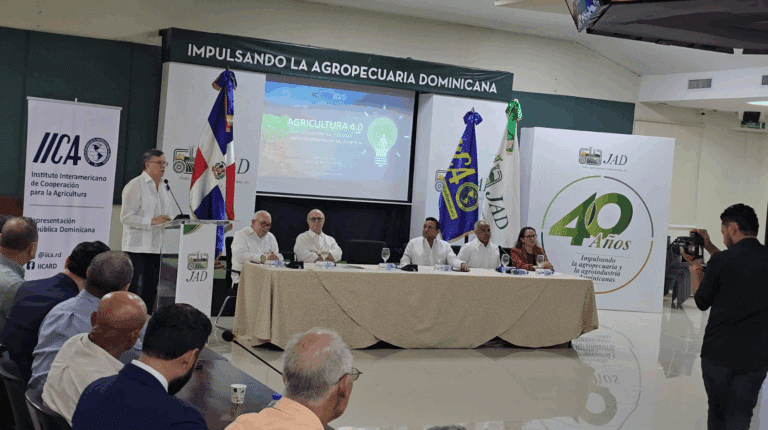
Santo Domingo, República Dominicana
July 9, 2025
IICA Director General Manuel Otero delivered a keynote speech on innovation in production systems at the headquarters of the Dominican Agribusiness Board.
Tiempo de lectura: 3mins

Santo Domingo, Dominican Republic
July 9, 2025
At the start of an official visit to the country, the IICA Director General met separately in Santo Domingo with Minister of Agriculture, Limber Cruz, and Deputy Minister of Multilateral Foreign Policy at the Ministry of Foreign Affairs, Rubén Silié, with whom he discussed IICA’s main technical cooperation areas in the Dominican Republic, most notably joint work to combat and eradicate African Swine Fever (ASF) and other biosecurity issues, and contributions in various areas towards innovation, digitalization and the resilience of the local agriculture sector.
Tiempo de lectura: 3mins

San Jose and Turrialba, Costa Rica
July 7, 2025
More than eighty public and private sector representatives from Latin America and the Caribbean held discussions with European Union officials on how to foster more sustainable livestock production systems, during a working meeting jointly organized by the EU’s AL-INVEST Verde program and the Inter-American Institute for Cooperation on Agriculture (IICA).
Tiempo de lectura: 3mins
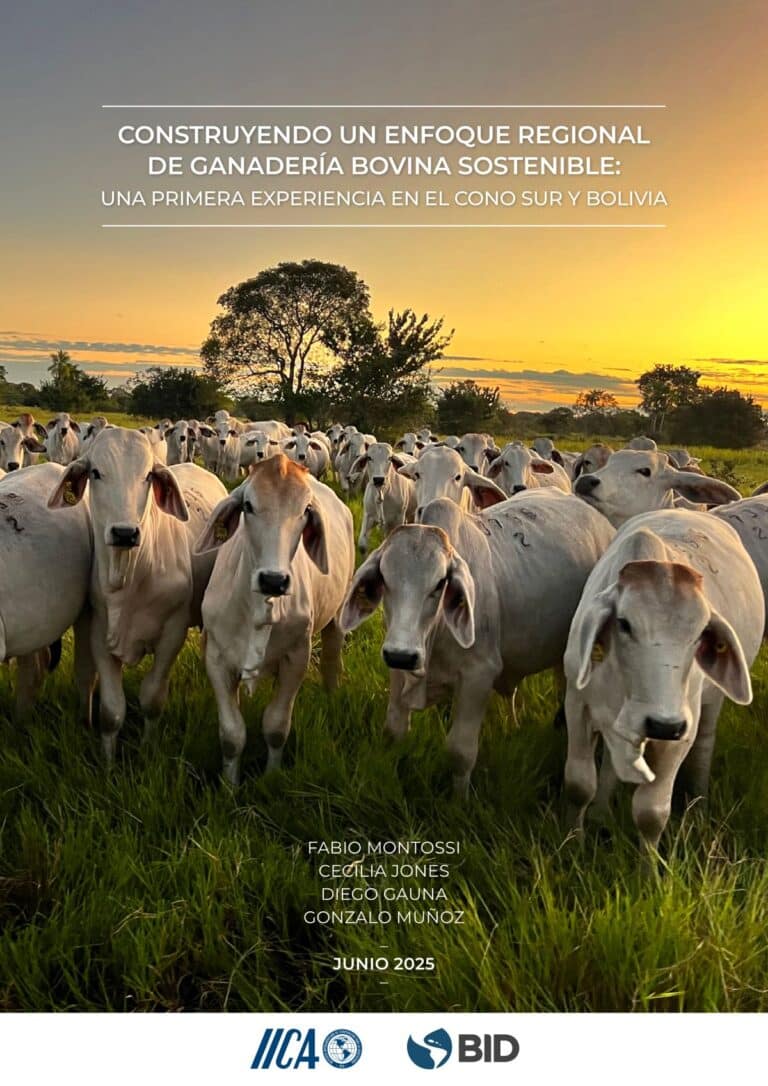
San José, Costa Rica
July 4, 2025
This document summarizes the work carried out during the first year of operation of the Sustainable Cattle Farming Platform of the Americas. This is a collaborative space managed jointly by IICA and the IDB whose mission is to contribute to information sharing, collaboration, and the generation and dissemination of knowledge on the economic, social, and environmental sustainability of livestock production systems that coexist in the different regions of the Americas.
Tiempo de lectura: 3mins
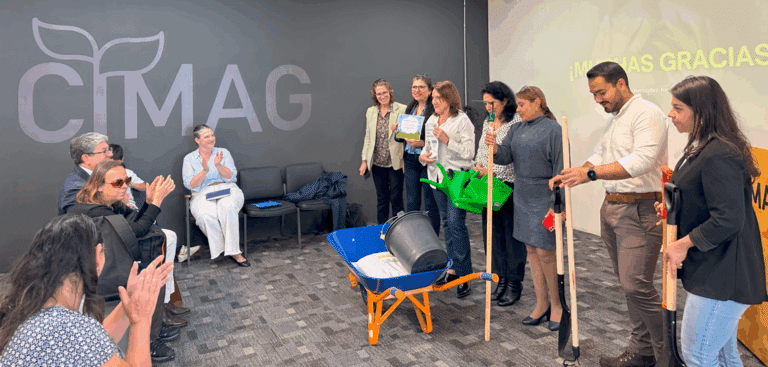
San José, Costa Rica
July 3, 2025
Officers of IICA’s Community Outreach Association, APC, handed over tools and guides to the “República de Paraguay” school, for the purpose of establishing a productive garden.
Tiempo de lectura: 3mins

San José, Costa Rica
July 3, 2025
During the discussion, participants emphasized the need for the integration of AI to be an inclusive process, with special attention given to small-scale and family farmers. It was also stressed that AI should not be seen as an end in itself, but rather as a means to transform agriculture with a focus on value chains.
Tiempo de lectura: 3mins
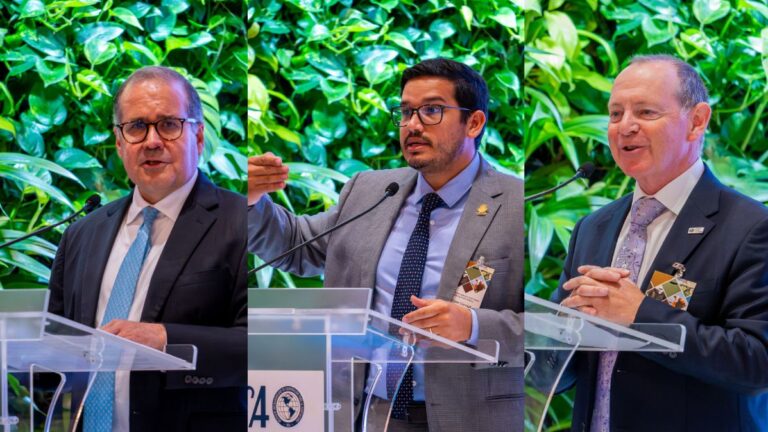
San José, Costa Rica
July 1, 2025
During the seminar, which featured various presentation and discussion panels, participants explored the nature of carbon markets, financing alternatives for carbon capture projects in livestock farming, and the current regional context. They also shared methodologies and ideas to unlock their full potential through concrete steps.
Tiempo de lectura: 3mins